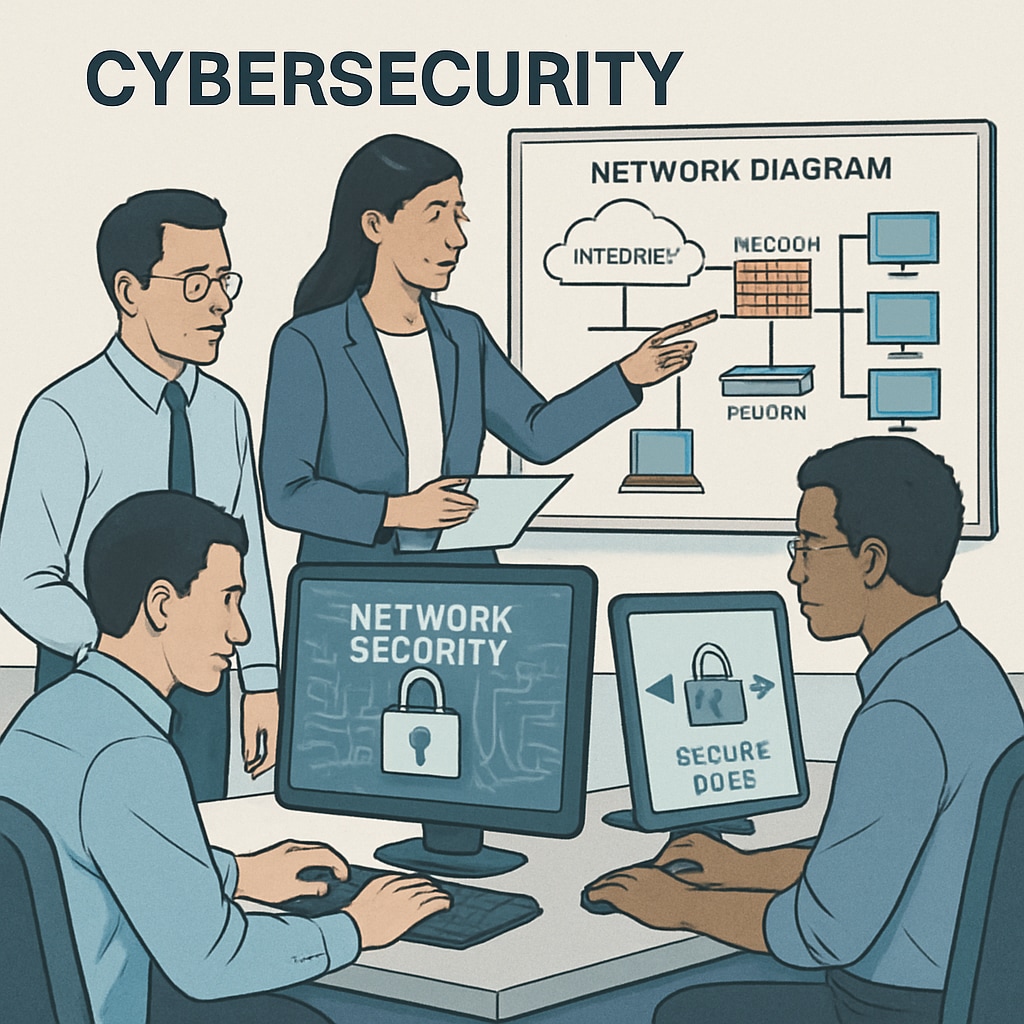When considering a career in cybersecurity, many aspiring professionals worry about whether their university’s reputation will impact their job prospects. For graduates from institutions like the University of Maryland Global Campus (UMGC), which may not rank among the most prestigious universities, this concern is particularly relevant. However, in the rapidly evolving cybersecurity field, evidence suggests that skills, certifications, and hands-on experience often matter far more than a school’s name on your diploma. Let’s explore why this is the case and how you can overcome any perceived limitations of your alma mater.
Does University Prestige Really Matter in Cybersecurity?
For years, the idea that prestigious universities lead to better job opportunities has dominated many career discussions. While this may hold true in some industries, cybersecurity is unique. The field values practical problem-solving skills, technical expertise, and industry-recognized certifications over the prestige of your alma mater. According to a CyberSeek report, the demand for cybersecurity professionals far outstrips supply, meaning employers are more focused on finding candidates who can demonstrate competency rather than those with a top-tier university pedigree.
In fact, many successful cybersecurity professionals come from diverse educational backgrounds, including community colleges and online universities like UMGC. What sets them apart is their dedication to acquiring relevant skills and certifications such as CompTIA Security+, Certified Information Systems Security Professional (CISSP), and Certified Ethical Hacker (CEH).

Strategies to Overcome the “Education Ceiling”
If you’re a graduate of a non-top-tier university like UMGC, it’s essential to focus on what you can control: your skills, certifications, and professional network. Here are some practical steps to help you succeed:
- Earn Industry Certifications: Certifications like CISSP, CEH, or AWS Security Specialty are highly valued by employers and demonstrate your expertise in specific areas of cybersecurity.
- Build Hands-On Experience: Participate in internships, cybersecurity competitions, and open-source projects. Platforms like TryHackMe and Hack The Box allow you to practice real-world scenarios.
- Network with Industry Professionals: Join organizations like the Information Systems Security Association (ISSA) and attend cybersecurity conferences to connect with potential mentors and employers.
- Develop a Portfolio: Showcase your skills by creating a portfolio that includes projects, certifications, and documented problem-solving examples.
By focusing on these areas, you can effectively demonstrate your value to potential employers, even if your university lacks global recognition.
UMGC Graduates: Turning Perceived Weaknesses into Strengths
UMGC, known for its flexible programs tailored to working adults, offers unique advantages that graduates can leverage. For example, UMGC’s curriculum often emphasizes practical, hands-on learning, which aligns directly with the needs of the cybersecurity job market. Additionally, its strong focus on online education prepares students for remote work environments, a growing trend in cybersecurity roles.
Furthermore, UMGC graduates can highlight their ability to balance education with other responsibilities—a skill that demonstrates time management, dedication, and adaptability. These are qualities that employers value highly.

Conclusion: Focus on What Truly Matters
In the cybersecurity industry, university reputation plays a far less significant role than many assume. Employers prioritize candidates who can prove their expertise through certifications, practical experience, and a strong understanding of the field. For UMGC graduates and others from non-prestigious institutions, the key lies in focusing on skills development, building a professional network, and showcasing your unique strengths.
By breaking free from the “education ceiling” mindset, you can pave the way for a successful and fulfilling cybersecurity career—regardless of where you earned your degree.
Readability guidance: This article uses short paragraphs and lists to enhance clarity. Transition words like “however,” “therefore,” and “in addition” are used throughout to ensure smooth reading flow. Passive voice and long sentences are minimized to maintain readability.


